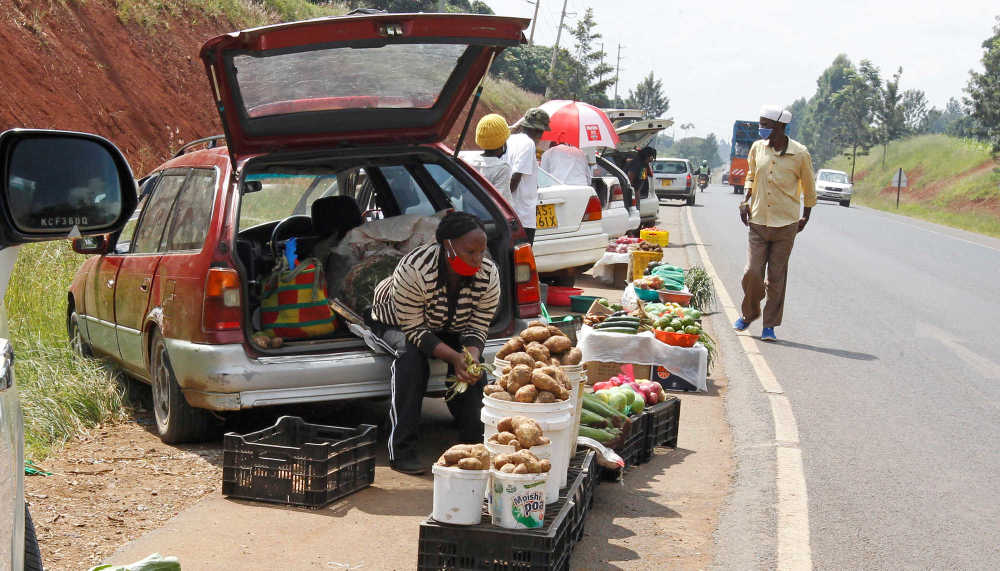The pandemic has plunged economies around the world into an emerging recession of somewhat great and unknown depth, resulting from significant disruptions to international trade and commerce. Most countries went into partial or total lockdown, and travel bans were instituted which had an overall negative effects in shrinking the labor market.
The economic fallout has been very acute particularly in Africa. According to the World Bank, sub-Saharan African economies contracted by 3.5% in 2020, with Nigeria, one of the worst hit countries, slumping into its worst recession in 33 years.
Borrowing costs have risen dramatically off expectations of widespread defaults which have caused countries to wallow in huge debt. African economies have been put under severe strain, with many having entered the COVID-19 crisis in an already weak condition due to the falling prices of crude oil.
The widening of fiscal deficits and the rising debt-to-gross domestic product (GDP) ratios as countries take on more debt to mitigate the economic effects of the pandemic is exacerbating domestic shocks in developing economies which are most at risk of defaulting on their debt repayments, causing credit markets to freeze up. The most recent case is Zimbabwe where the International Monetary Fund (IMF) has declined the southern African country’s financial support requests due to its unsustainable debt and outstanding official arrears.
The COVID-19 pandemic impelled central banks to increase the supply of money to private firms to boost their incentive to hire more workers. There were also Treasury payments to people prevented from working. But now that the economy has reopened, the practical rationale for monetary and fiscal expansion has disappeared.
Private sector leaders from across the continent met at the 12th African Private Sector Forum (APSF) held in Cairo to discuss how best they could respond to disrupted markets and ensure economic resilience in the face of the COVID-19 pandemic.
Africa’s private sector has been negatively impacted by the pandemic with notable sector level impacts including supply-and-demand-based shocks to infrastructure and private healthcare, disruptions to imports, exports, and global and local value chains. Another notable impact is that of declining agribusiness activity, which in turn threatens food insecurity, all leading to financial sector instability.
At the APSF, private sector leaders explored the avenues policymakers would use to reassess the macroeconomic conditions affecting private sector development in the face of the pandemic and even post-pandemic.
The private sector also requires individual governments to focus on reforms that provide conducive business environment as well as offer a supportive entrepreneurial and innovation ecosystem. This will in turn promote productivity and better working conditions for business growth and sustainability.
To set Africa firmly on the path towards economic and social transformation, private sector engagement is crucial since informational exchange between stakeholders will increase business networking for Africa’s development priorities.
Strategic establishment and expansion of partnerships between the private sector and stakeholders in the regional economic commissions will spur Africa’s response to the effects of the COVID-19 crisis and help the continent build resilience.

